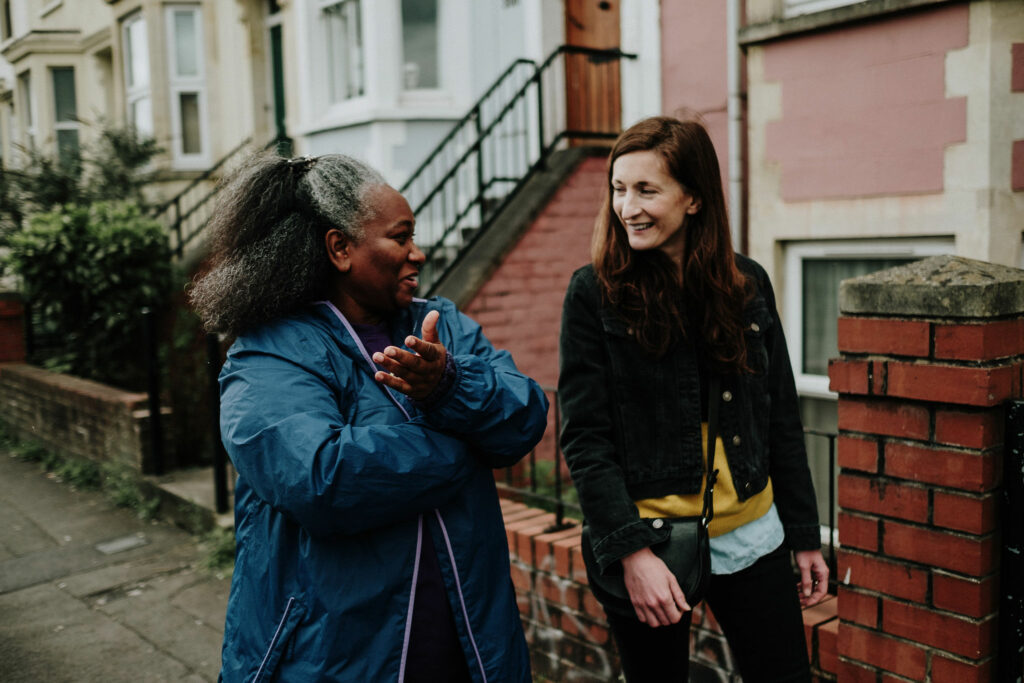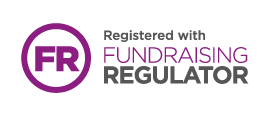frontline workers
Call the UK Modern Slavery & Exploitation Helpline on 08000 121 700
What is the National Referral Mechanism?
The National Referral Mechanism (NRM) is a framework for identifying victims of human trafficking and ensuring they receive appropriate protection and Government-funded support. It is also the mechanism through which the Government collects data about victims. The information helps build a clearer picture of human trafficking in the UK.
national referral mechanism at a glance
Step 1: A frontline professional or first responder becomes concerned that someone may be a victim of human trafficking.
Step 2: With the individual’s consent, they submit an NRM form and may also inform the police.
Step 3: The individual is offered safe accommodation and support while their case is being considered.
Step 4: Case owners from the Single Competent Authority (Government agency) decide whether the individual is a victim of trafficking.
An individual cannot self-refer to the NRM. They must be referred by a designated organisation or agency (“first responder”), with the individual’s consent.
First responders include statutory agencies such as the police, local authorities, the Gangmasters Licensing Authority and some designated charities, including Unseen.
how are potential victims referred to the national referral mechanism?
making an nrm referral
If you are a frontline professional and are concerned about someone, you should complete an NRM form or get a first responder to do this.
You (or the first responder) should then discuss support needs and make a referral into safe accommodation by contacting one of the designated organisations listed below.
Individuals recognised as a potential victim of modern slavery through the NRM can get tailored support. This “recovery and reflection” period is for a minimum of 30 days while their case is being considered.
Support may include safe accommodation, legal advice, protection and emotional and practical support.
support during referral
designated support organisations
Certain organisations and subcontractors can arrange support and safe accommodation for people under the National Referral Mechanism. They are:
In England and Wales –The Salvation Army
In Scotland –TARA or Migrant Help
In Northern Ireland –Women’s Aid or Migrant Help.
An individual who wants to access Government-funded support must consent to providing their details. First responders will pass these details to the police, who might launch an investigation and speak to the person of concern. The police may also apply for a visa (for up to 12 months) for someone who is helping with enquiries in this way.
the police and the national referral mechanism
national referral mechanism form
You can access the NRM form on the Government website
In Northern Ireland –Women’s Aid or Migrant Help.

unseen and the nrm
Unseen is a first responder. We work with victims to establish what help and support might be available.
However, during the NRM period, Unseen supports potential victims via our safehouses and outreach projects.
Unseen can also advise victims on reintegrating into the UK or returning home.
If an individual does not want to give their name or personal details it will not affect the guidance we can offer them.


